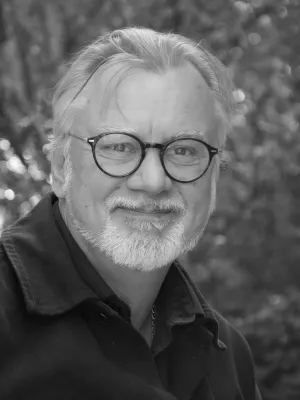
Magnus Ring
Senior lecturer | Internationalization officer

Social Rörelse : Begreppsbildningen kring ett mångtydigt fenomen
Social movement : A concept formation
Author
Summary, in English
To close in on this complexity, the particular concept ?social movement? is put in a contextual perspective, where the author discusses two different views on the relation between social movement and historical change: one, concerned with social movements as connected to societal eras (such as pre-industrial, industrial and post-industrial societies), and one, analyzing social movements in terms of cycles (e.g. cycles of protest). After this distinction is made, some main theoretical approaches to the concept are considered. First, different ?classical? approaches are considered, followed by an analysis of more contemporary ones. The classical approaches most stressed in this context are the traditions arising from Marx and Weber (in which conflicts are a central dimension) and in the social psychology of Le Bon and Tarde. Thereafter, the author shows how the concept of social movement came into existence in an American context. These early developments of the concept of social movement can be described as either relating to a classical understanding ?as being more or less equal to the actions of the proletariat?or to a more bourgeois understanding?equal to the irrationality of the mob. It is argued that not until social movements were thought to emanate from rational actors, do we have a shift regarding the meaning of the concept. To illustrate this development and in order to continue with the more contemporary views, the author discusses the concept formation within the resource mobilization perspective (RMP) and the identity-oriented perspective (IOP).
Up to this point, the author has stressed the importance of treating the concept as an analytical tool, and also emphasized the importance of introducing theoretical developments in the discussion. Subsequently, the author tries to mirror the dimensions that are seen as being central parts of the working definition to the discussion on conceptual and theoretical developments. It is shown how the concept is in an ambivalent position between its functions in theoretical reasoning and in signifying a certain empirical phenomena. The concept is seen as leaning, on the one hand, towards a metaphysical direction and, on the other, towards an empirical one, following the ?continuum of scientific thought?. In scrutinizing this ambivalence, some methodological and research-wise implications are discussed in order to further illustrate the problem. Finally, the author returns to a discussion regarding the working definition and its dimensions. Here, it is argued that the inherent central dimension of conflict should be taken seriously, but it is also stressed that the concept of social movement must include the dimension of organisation as well as collective identities, values, and actions etcetera. Also a social movement cannot be treated separated from the society in which it exists and with which it interacts and the concept of social movement should denote movements where actors address central conflicts regarding societal and cultural change and developments.
All in all, the author argues for a more coherent definition of the concept of social movement, an understanding that (re-) introduces the role of central actors and which also takes into account the classical dimension of central societal conflicts as well as more recent understandings of how social movements relate to societal and cultural change.
Department/s
- Sociology
Publishing year
2007
Language
Swedish
Document type
Dissertation
Publisher
Department of Sociology, Lund University
Topic
- Sociology (excluding Social Work, Social Anthropology, Demography and Criminology)
Keywords
- Sociology
- Social Movement
- Concept formation
- Theories of social movement
- Sociologi
Status
Published
Supervisor
- Gunnar Andersson
ISBN/ISSN/Other
- ISBN: 91-7267-231-5
Defence date
16 March 2007
Defence time
10:15
Defence place
Paelestra, Lund
Opponent
- Abby Peterson (Professor of Sociology)

